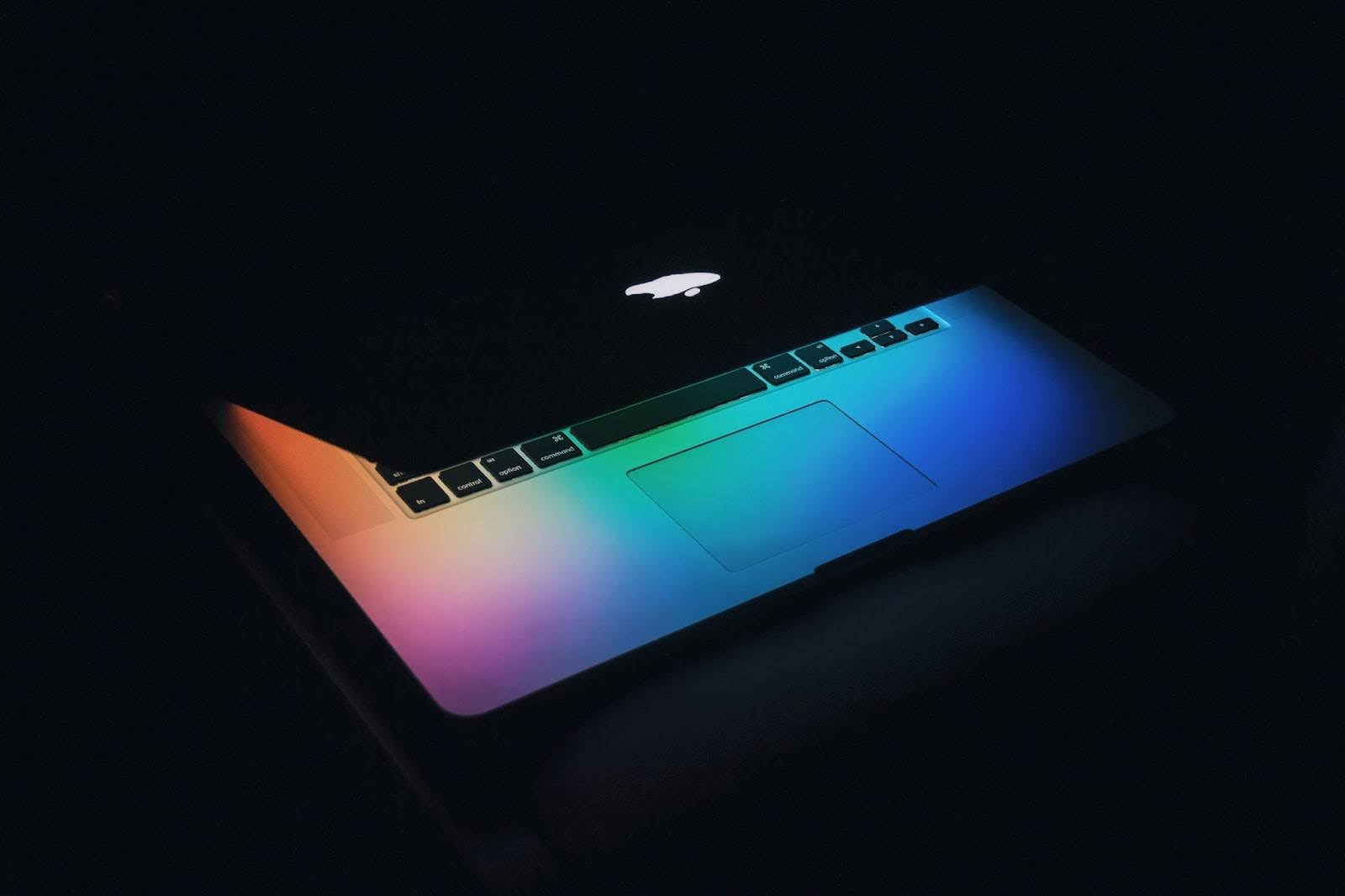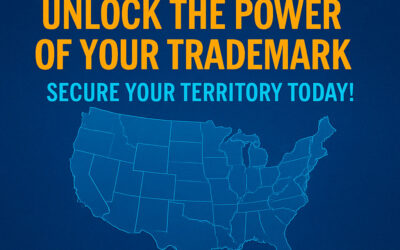So much of our world today is digital. With software, we connect with friends and family all over the world, play games, run businesses, pursue education, and so much more. As technology continues to advance at a rapid pace, software developers race to stay on top. Naturally, intellectual property rights are essential to successful software. It’s a common subject matter for trademark infringement cases. In today’s blog, let’s talk about 10 trademark cases related to software from the last 20 years.
Meta Platforms, Inc. vs. Meta.is, Inc.
In October of 2021, social media giant Facebook changed their company name from Facebook, Inc. to Meta Platforms, Inc. The goal of this rebranding was to “refocus on building the metaverse.” Meta now owns Facebook, Instagram, Threads, and more. Meta.is is an artistic experience brand which began operating in 2010. In 2018, they sued Meta Platforms, Inc. for trademark infringement, claiming that a Facebook executive even attended one of their events in 2017 before the name change occurred.
While that case has not been resolved in Meta.is’s favor, Meta Platforms, Inc. has since countersued Meta.is for — you guessed it — trademark infringement. The issue here is not, it seems, how long the name has been used but rather who has the right to the Meta trademark. But as the case is still ongoing, it will be some time before we learn the court’s ruling.
Apple, Inc. vs. Prepear, Inc.
Apple is another brand that just about everyone knows. Whether it’s for their computers, their phones, or their streaming service, Apple is a giant in the world of technology. Prepear, on the other hand, is a cooking app that allows cooks to find recipes, save them into cookbooks, create custom meal plans, and even buy groceries.
The services are very different, but initially, the logo that Prepear applied for trademark registration seemed to be an homage to the Apple logo, with a very minimalist image of a pear. Apple sued Prepear over this, and the two parties settled in 2021, with Prepear agreeing to modify their logo.
Microsoft Corporation vs. Apple, Inc.
Microsoft and Apple have been rivals for decades, especially in the computer manufacturing sphere. However, in 2008, this led to a trademark opposition. Apple filed to register a trademark for the term “APP STORE.” Apple claimed this was distinctive to their brand as “app” could be short for both application and apple. However, Microsoft opposed the trademark application claiming that it was “descriptive” and thus could not be trademarked. In 2012, Apple withdrew their trademark application.
Oracle America, Inc. vs. Google, LLC
You may not know the name Oracle, but you likely know about Java. This programming language is all over the world of coding and technology, and it’s owned by Oracle. In 2021, Oracle sued Google over their use of Java API. When Google decided to create the Android mobile platform, they considered using Java but eventually decided to use an open source option instead. However, they used the Java API as a basis for their API, and Oracle claimed that APIs were copyrightable, Oracle sued them for copyright infringement.
In the end, the Supreme Court ruled in favor of Google, claiming that Google’s use of Java API was fair use.
Slack Technologies, Inc. vs. Atlassian Corporation PLC
In the 2010s, Atlassian Corporation, an Australian-American company offering digital products for software developers and project managers, released a chat app called Stride. Slack, already a leading business chat app, noticed the similarities to their own name and brand and sued Atlassian for trademark infringement. In 2018, Atlassian agreed to discontinue Stride. This case even has a happy ending, as Slack and Atlassian have since partnered with each other to combine their offerings.
Dropbox, Inc. vs. Thru, Inc.
Dropbox and Thru offer similar services: cloud-based file sharing, allowing users to back up their files to the cloud and share them with others. However, at one point, Thru also referred to their file sharing system as a “dropbox.” Dropbox sued Thru for Trademark infringement. Thru argued unfair competition and attempted to cancel Dropbox’s trademark registration over the word. But in 2017, the court sided with Dropbox and awarded them $2.3 million.
Zoom Video Communications, Inc. vs. RingCentral, Inc.
This was an issue of breach of contract between two video conferencing companies. In 2021, RingCentral was a reseller of the larger video conferencing software, Zoom. However, when Zoom started to have technical delays that proved detrimental to RingCentral’s customers, RingCentral started instead promoting their own homegrown conferencing software. Zoom sued them for a breach of contract, and RingCentral claimed that Zoom had breached contract by having such substantial delays in updates. The case was a rather heated dispute which only recently settled.
Uber Technologies, Inc. vs. Uber Promotions, Inc.
This case was fairly cut and dry. Uber Technologies has been in business, first with ridesharing and then with food delivery and more, since 2009 operating under their trademark registered brand name, Uber. Uber Promotions was a more recent Florida-based marketing company which Uber swiftly sued for trademark infringement. In 2016, the court sided with Uber Technologies and ordered Uber Promotions to change their name.
Tinder, Inc. vs. 3nder, Ltd.
3nder was a dating app which was released in 2014 and quickly caught the attention of Tinder — mostly due to its similar name. Tinder Sued for trademark infringement. In 2016, 3nder agreed to change their name to Feeld, under which they still do business to this day.
Snapchat, Inc. vs. Snap Interactive, Inc.
Snapchat is a social media platform famous for its “Snaps”: short videos that disappear once they’re watched. Snap Interactive is a New York based social app developer. Close enough, right? That’s what Snapchat thought when they sued for trademark infringement. In 2016, the parties settled and Snap Interactive agreed to phase out the use of their “Snap” branding.
In almost all of these cases, having a registered trademark was pivotal in proving trademark infringement or defending the right to use a particular branding element. No matter how large or small your business might be, it’s more important than ever to make sure you apply for trademark registration for all of your branding elements. Or better yet, have your skilled IP attorneys at Garcia-Zamor apply for trademark registration on your behalf.
With over two decades of combined experience in the field of intellectual property law, Garcia-Zamor is here to protect all of your trademarks and intellectual property. Contact us today to learn more about how we can help you.







